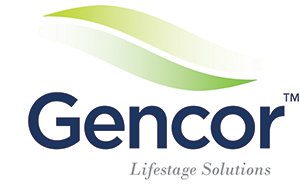Seasonal allergies are caused by increased antigen-specific immunoglobulin E inflammation and histamine release.
It’s been reported that palmitoylethanolamide (PEA) may be an alternative to downregulate mast cell activation and increase the synthesis of endocannabinoid 2-rachidonoylglycerol to reduce histamine.
The double-blind, randomised, placebo-controlled clinical trial included 101 participants with seasonal allergies and were supplemented with either 350 mg of PEA (Levagen+) or a placebo daily for 2 weeks.
Symptom scores were recorded using the reflective total nasal symptom score (rTNSS) twice daily (morning and evening) for the 2 weeks, and blood was taken at baseline and week 2.
The published results found that the Levagen+ group saw a significant reduction in plasma histamine levels compared with the placebo (p < 0.05), with a decrease in allergy symptoms (such as a blocked nose) suggesting that Levagen+ helps to mitigate seasonal allergies.
Specifically, the Levagen+ group had a significant decrease from baseline in histamine, IL-4, IL-8, IL-10 and TNF-α, showing that it reduced inflammatory markers.
“The outcome of this study further backs PEA’s published mechanisms of action showing its ability to impact histamine and inflammatory markers,” said R.V. Venkatesh, cofounder and Managing Director at Gencor.
“Seasonal allergies impact nearly 40% of the global population and this study shows Levagen+ to be a strong supplement to help ease common indicators of allergies.”
Levagen+ is a bioavailable palmitoylethanolamide (PEA), a self-affirmed GRAS ingredient manufactured in cGMP facilities and has been clinically tested to support joint health, sleep, recovery and immunity. Levagen+ is applicable for dietary supplements, food and beverages and cosmeceuticals.

